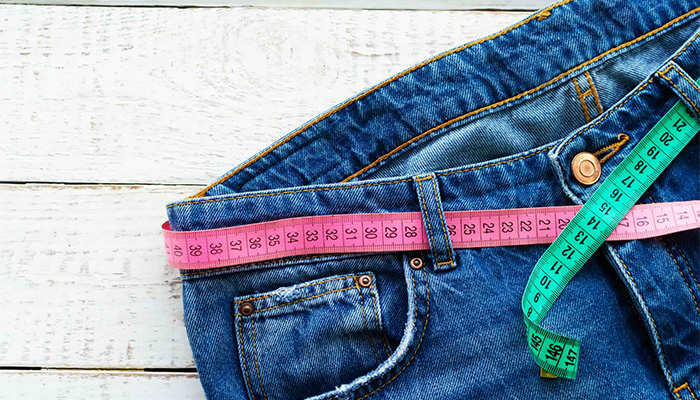
Menopause and Weight Gain
Menopause is an inevitable stage in a woman’s life and the propensity to gain weight during these years is common, but not inevitable. Making healthy lifestyle choices after menopause is an important part of continuing to live a long and healthy life into middle age and beyond.
Menopause Naturally Causes the Body to Change
Age-induced weight gain isn’t exclusive to women. Diminished muscle bulk and slowing metabolism effects everyone. Menopause also causes changes in the skin including dryness and a decrease of prior elasticity, changes to hair growth and possibly hair loss, as well as vaginal dryness.
All of these bodily changes come from changing hormone levels, especially estrogen. Those changes also increase the likelihood of carrying extra weight in the midsection that may once have been more common in the hips and thighs. However, hormone changes aren’t always the primary culprit for weight gain.
Weight Gain as a Byproduct Product of Mental Health
Changing hormone levels and the physical impacts they make can often lead to losses of confidence, depression, and changes in attitudes among women about their own appearance. Depression, anxiety, and difficult life events can lead to a diminished desire to exercise, negative dietary trends, and a loss of interest in leading an active lifestyle. Increased caloric intake and a lessening of physical activity may lead to weight gain as a symptom of underlying mental health challenges.
Counteracting a Menopause Weight Increase
The good news is weight gained from changes to diet and exercise can be counteracted with a few changes. A healthy hormone-balancing diet, a consistent exercise regimen and generally living an active lifestyle can counteract the addition of new weight. The most important thing you can do is accept what changes are naturally occurring and actively seek to change the ones dictated by lifestyle impact.
Why is it Important to Watch Weight While Aging
Getting older can lead to an increased risk of cardiovascular disease in women. Obesity is a common comorbidity associated with fatal heart ailments. In addition to the ability to live a more comfortable life, maintaining a healthy weight can literally be a life saver.
You Aren’t Alone
Friends, relatives, and medical professionals who treat physical and mental health can all be allies while moving from one phase of life to another. Embracing menopause and finding others who can help in contextualizing the experience positively will make the experience of staying healthy and active all the more rewarding.
